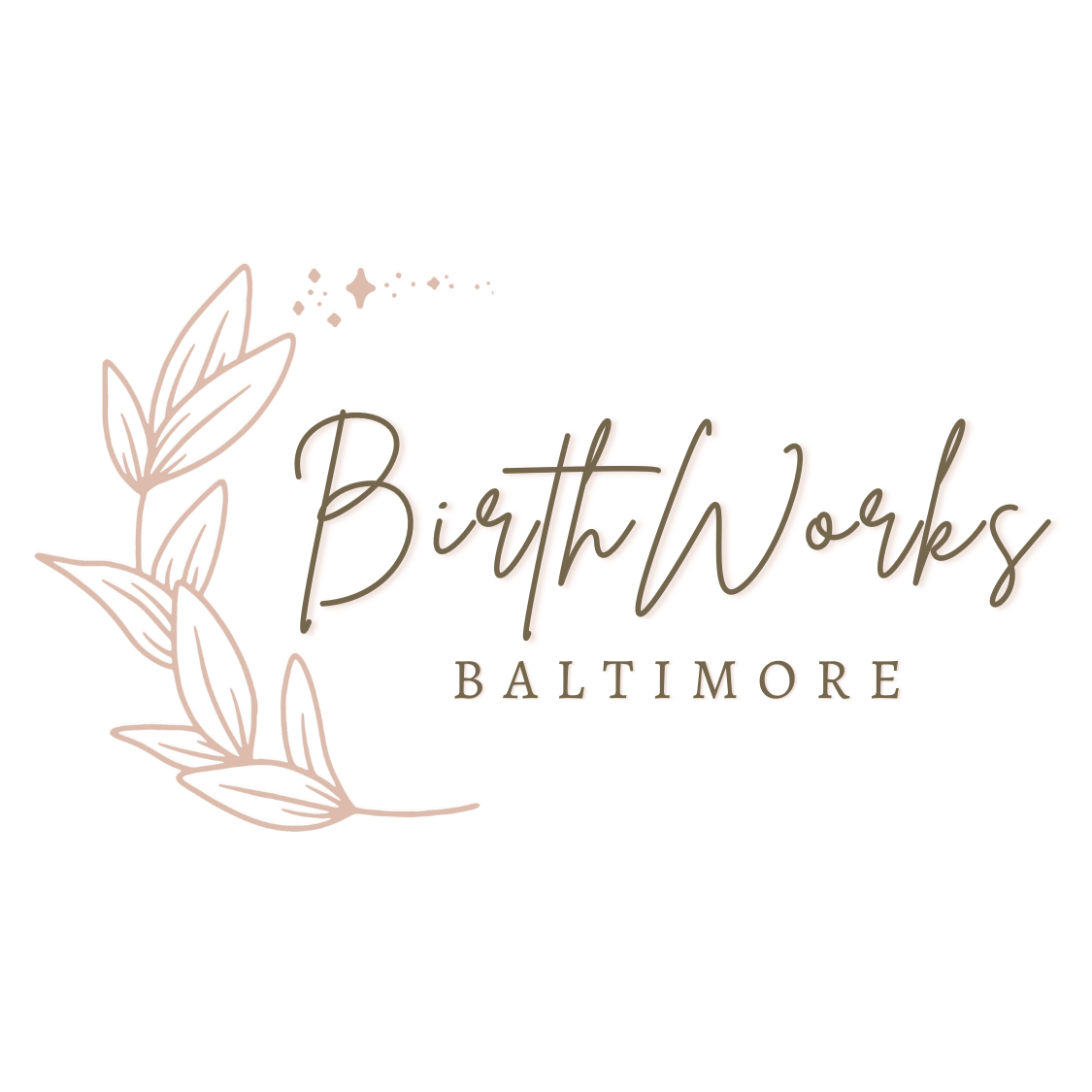Frequently Asked Questions
-
![An adult hand holding a baby's finger.]()
What is childbirth education and why is it important?
Childbirth education classes prepare expectant parents for labor, delivery, and early postpartum. They help reduce fear, build confidence, and teach coping techniques for a more informed and empowered birth experience.
-
![Close-up of a pregnant woman's belly being held gently by a man, with both standing against a plain white background.]()
When should I start childbirth education classes?
Most parents start classes in the second or early third trimester (around 20–30 weeks). This gives enough time to learn and practice the information before labor.
-
![A woman is leaning over the side of a bathtub with her head and arms hanging out, while a healthcare worker assists her in a bathroom.]()
How is a doula different from a midwife or doctor?
Unlike medical providers, doulas do not perform clinical tasks. They focus on supporting your comfort, choices, and emotional well-being throughout the birth process.
-
![A woman holding a baby in a gray blanket on a wooded trail during daytime.]()
What are the benefits of having a doula?
Studies show doulas can reduce the need for interventions, lower cesarean rates, and improve birth satisfaction. Doulas offer reassurance, advocacy, and hands-on support.
-
![Hand holding a glass jar filled with white capsules in front of a framed sketch of a human brain on a wooden wall.]()
Is placenta encapsulation safe?
When done by a trained specialist following strict sanitation protocols, it can be safe. We follow professional guidelines to ensure proper handling and preparation.
However, if there are signs of infection during labor (like a fever or chorioamnionitis), encapsulation may not be recommended. We always review each case individually and follow strict safety protocols to ensure the health and safety of our clients.
-
![Close-up of multiple capsules filled with a brown, granular substance.]()
Can I encapsulate my placenta if I am GBS+?
Yes, in most cases you can. If you are GBS+ during pregnancy, the placenta can still be safely encapsulated if it is properly prepared. We use the Traditional Chinese Method (TCM), which involves steaming the placenta before dehydration — this step is believed to help reduce bacterial presence, including GBS.
Ultimately, the decision is yours to make alongside your care provider.






